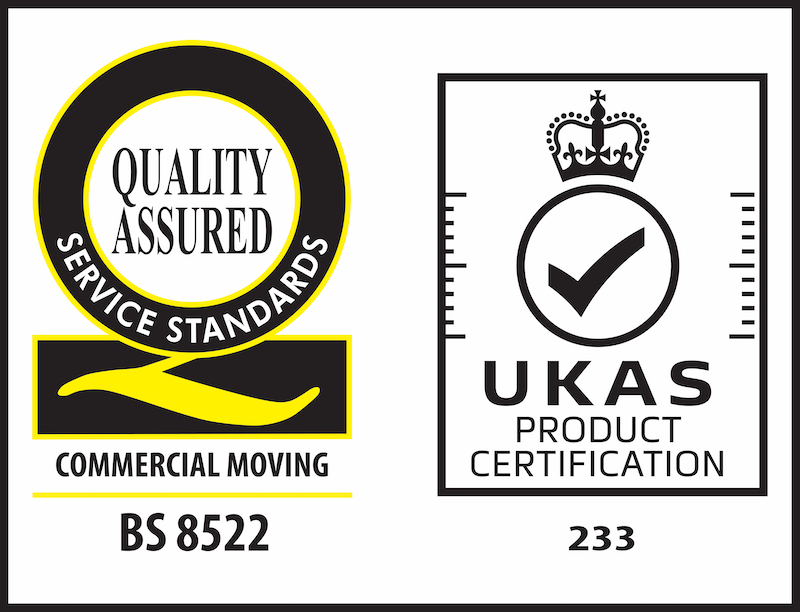A leader’s journey through a crisis:
How to make good decisions

MORE STORIES
- Page 13 of 27
Please click here to chat through what you'd like your Success Story to be.
Business leaders have always had to make difficult decisions. It comes with the job. However, the coronavirus pandemic is testing the decision-making prowess of even the most experienced managers.
Taking the decision to adapt the BMG business in the days that followed the first social distancing broadcast on 16th March was particularly difficult. We didn’t know enough about what was going on. We didn’t have any idea about how long it would last. And we didn’t we know exactly how it would impact the sectors in which we operate.
Our primary responsibility had to be – and will always be – protecting the business. That involved a huge amount of soul searching because I knew that the best way to survive this crisis was to reduce our costs and protect our people at the same time. In a business like ours, however, the biggest cost is people – not only the payroll but also the potential loss of their input into the business.
It felt like the ultimate paradox. So, rather than make the decision and communicate that this was going to happen, I reached out to everybody in the organisation and asked them if they would support the change. This step came before anybody knew that the government was going to put support systems in place. And it turned out to be the right thing to do because everyone put their hands up and said, “We're with you and we will do whatever it takes to get through this.”
Nevertheless, it was a hugely stressful and emotional period to go through for everyone.
Decisions, in both our personal and our professional lives, must be based on facts. In a crisis, the evidence that sways decisions tends to emerge gradually and, even when the facts are presented, they can be ambigious and, sometimes, subject to scrutiny. What is deemed a fact one moment can be contested and withdrawn the next day. These shifting sands do not make effective decision-making easy.
My top tip for making decisions in a crisis is having the strength of character to be able to change your mind as more facts become available. It’s important to assess the situation continuously and to communicate to your teams throughout. To be a good leader, you have to be decisive and an effective communicator.
If you're not sure what decision to make, either because you don’t have the facts or the landscape is changing too rapidly, that’s okay. You can make the decision to stall a decision, but the key is to ensure that you keep all lines of communication open. Your colleagues need reassurances that you are looking into the options and that you have their best interests at heart.
To be an effective decision maker, you need to possess certain characteristics. The first is bravery, especially in a crisis. You have to be brave enough to acknowledge that the decisions you're making may not ultimately be the right ones. That takes guts. The second concerns balance, specifically having a balanced approach and applying logic and reason to every decision, especially when such calls affect others. You need to assess, to the best of your ability, what impact that those decisions will have on you, your business and every person you employ. Every decision you make as a leader has an impact on people and their partners, their children, their parents, their friends. So when you're making decisions, you must try to understand their wider impact.
Leaders tend to be quite decisive. But it’s essential to always scrutinise the ‘why’. And always remember that it’s okay to ask for an outsider’s opinion. It’s not a weakness for your teams to know that you have involved other specialists in the decision-making process. If anything, it may offer them greater reassurance that you’re doing absolutely everything you can to be as robust and as measured as you can be to make the best possible decisions.
The worst thing you can do as a leader when you don't have all the answers is make them up. The second worst thing is failing to communicate. It’s okay to admit you don’t have all the answers. But it’s not okay to just leave people wondering what the hell it is that you're actually doing.
MORE STORIES
- Page 13 of 27
Please click here to chat through what you'd like your Success Story to be.





